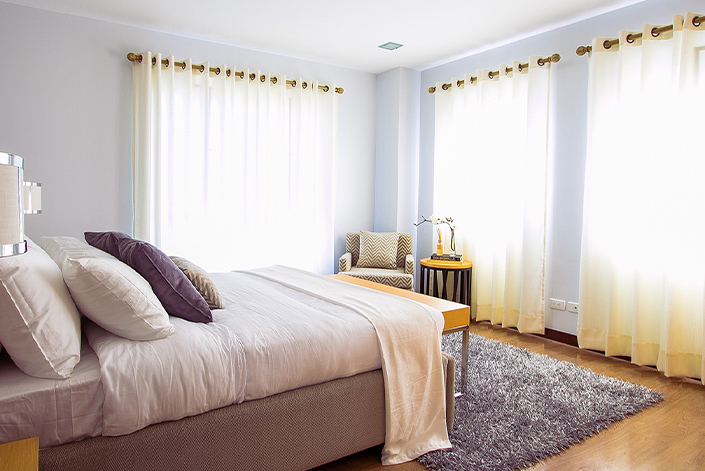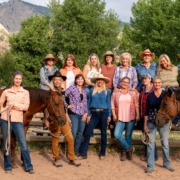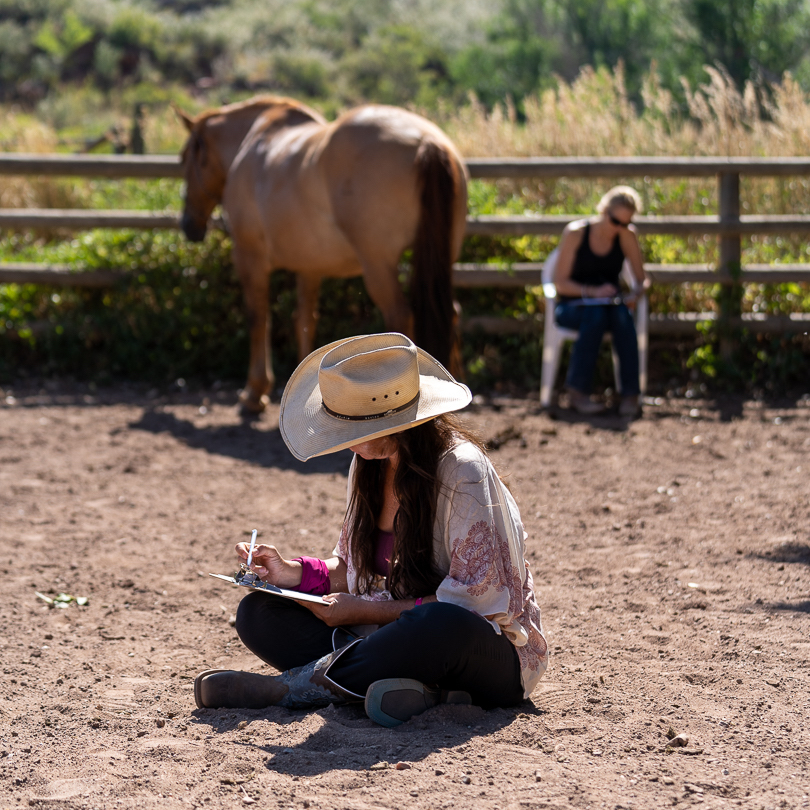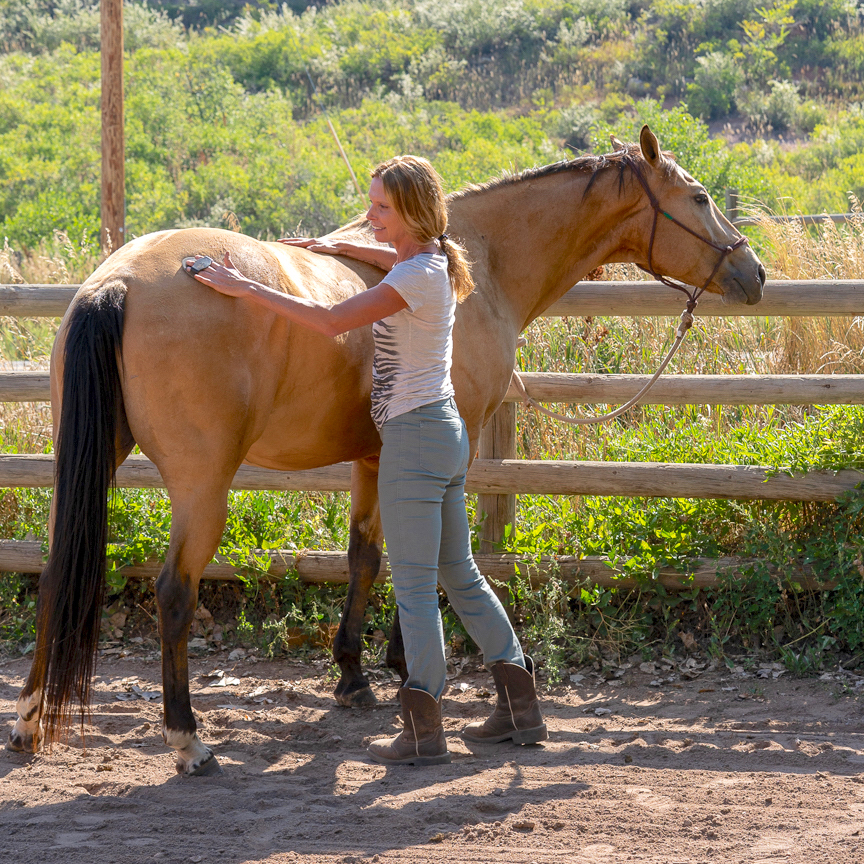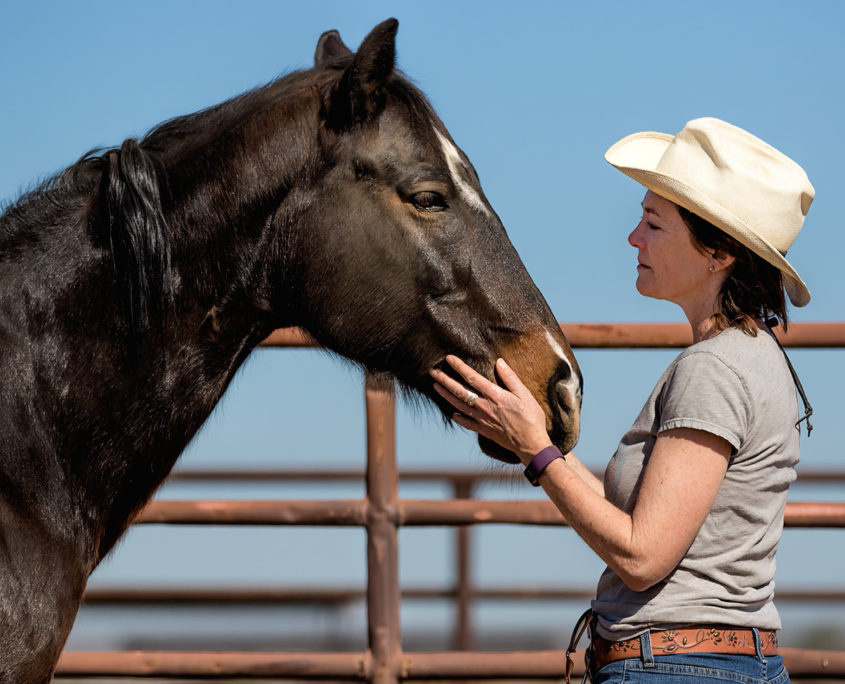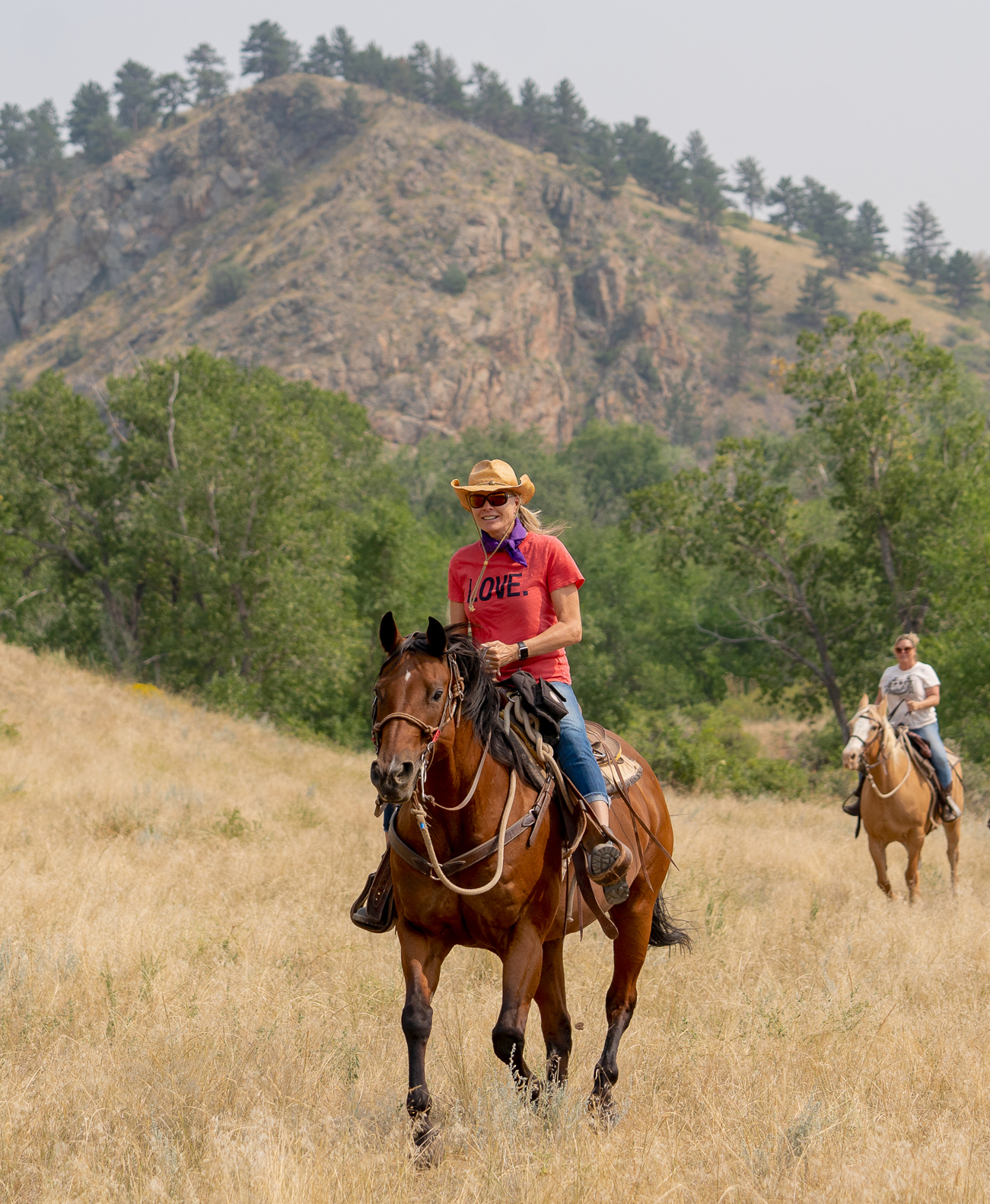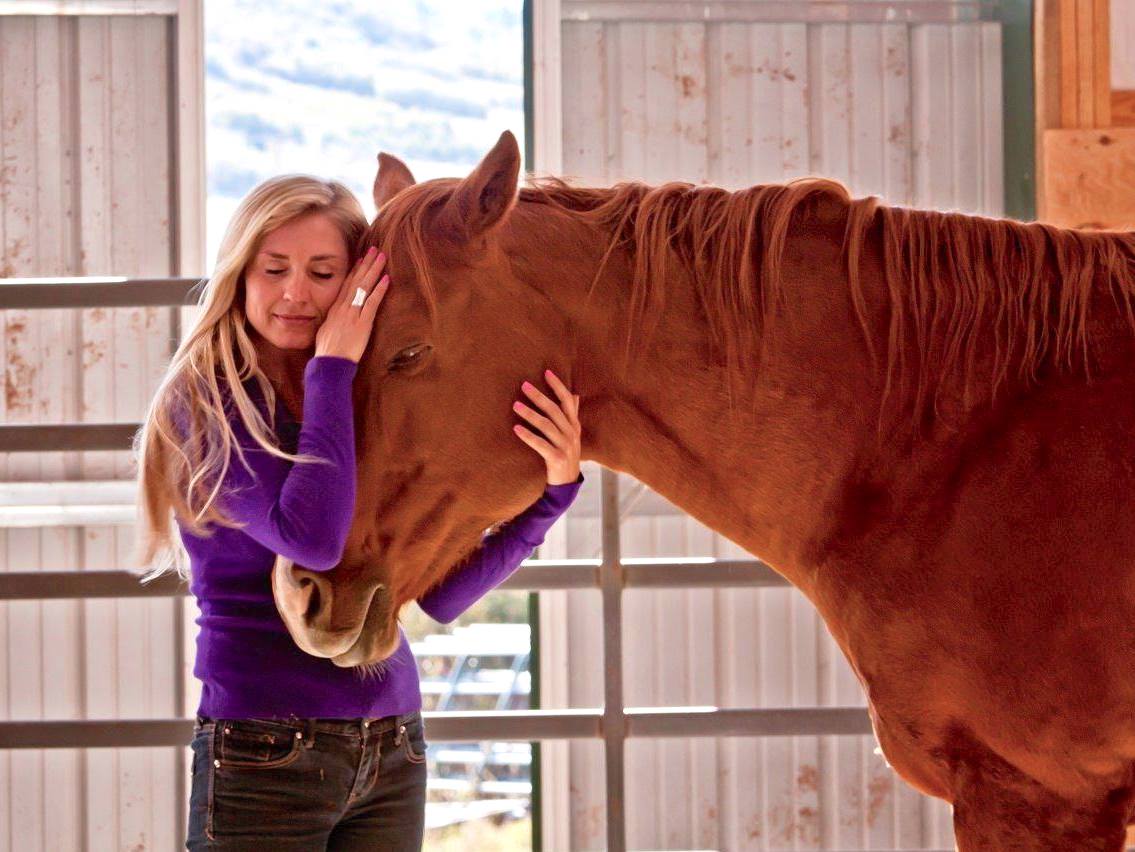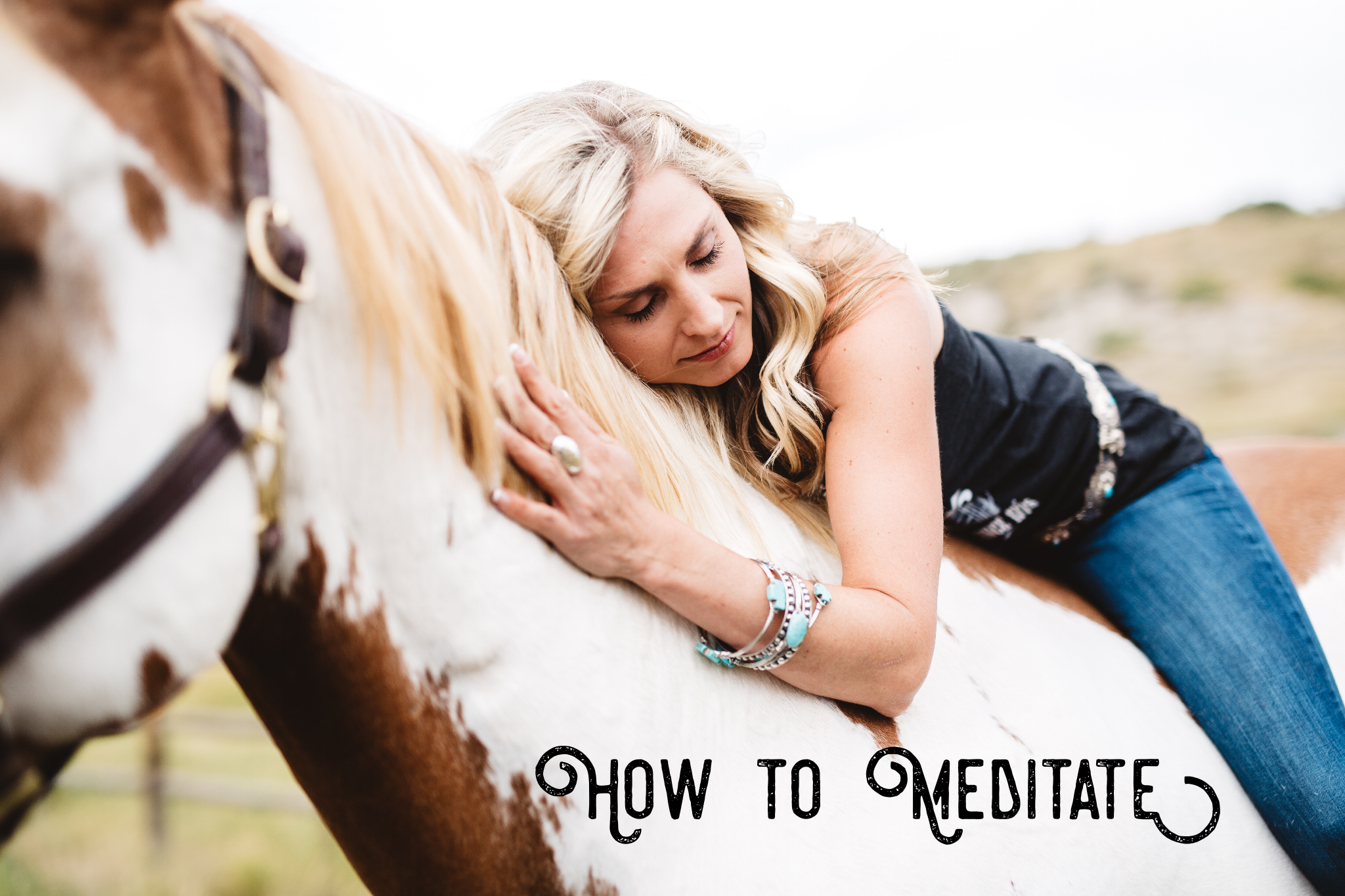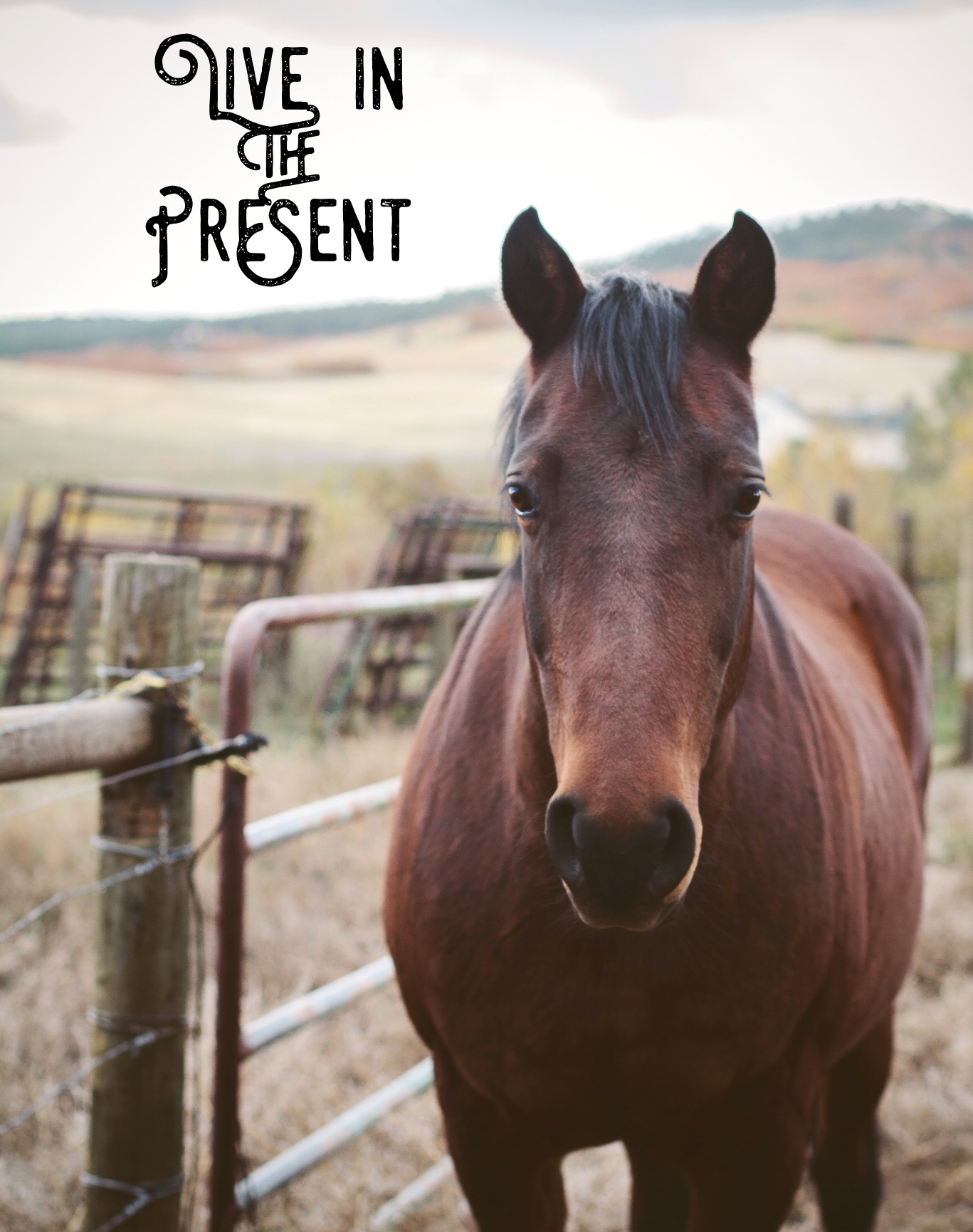A Reminder to Breathe
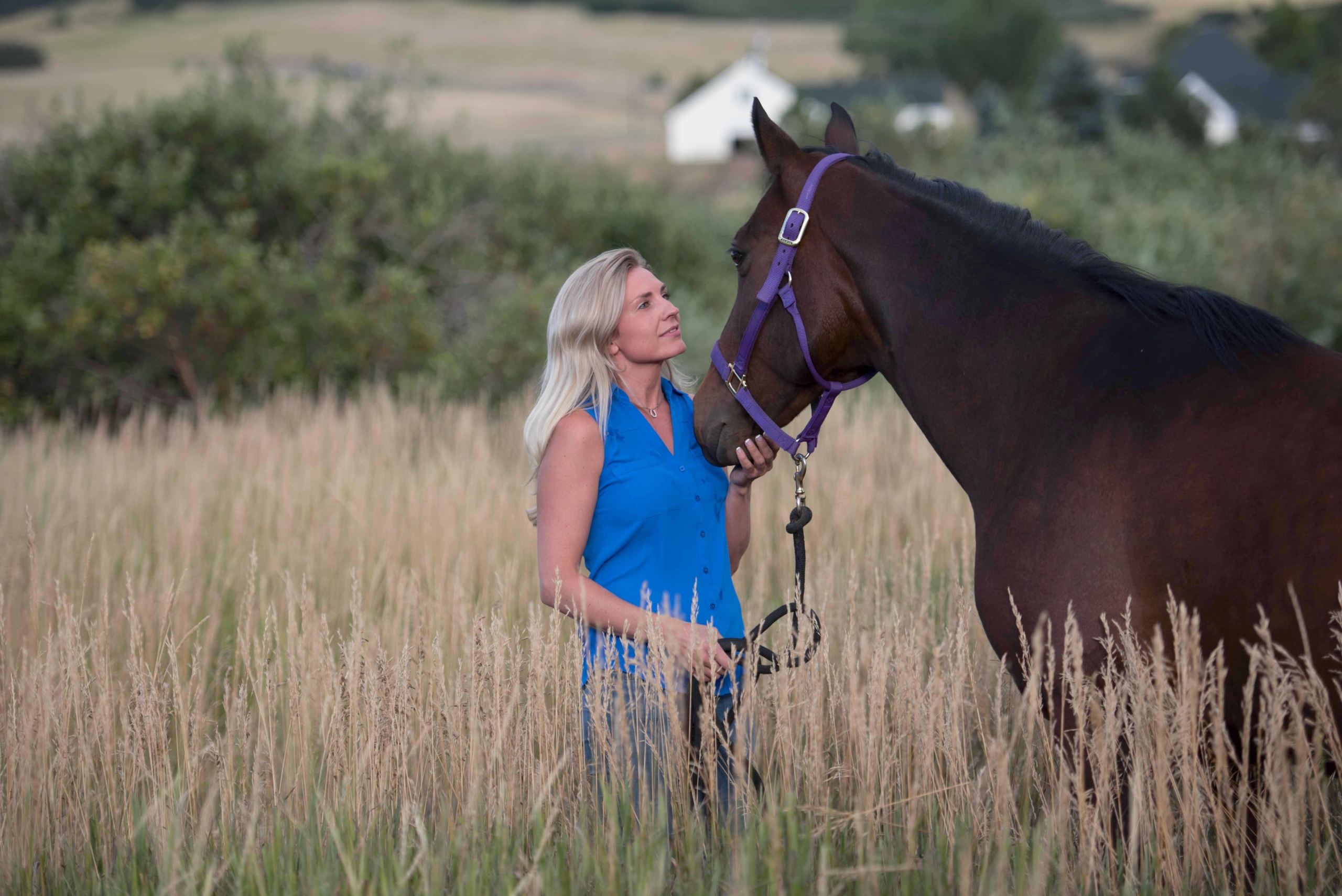
None of us are raised to think about our breathing. We assume breathing just comes naturally. Some cultures, and religions, and scientific studies, however, show us the significant benefits of bringing awareness to your breath.
When we take short breaths, we tend to be disconnected from our physical sensations and stuck in our head—overthinking, uptight, and stressed. This physical and mental tightness wreaks havoc on our bodies and our lives, making us sick, unhappy, and anxious.
Getting out of your head and into your body allows you to become more present. Unbridled Equine Coaching shows us how to be present in our breath through horses. Horses live completely in the present. They’re not depressed about what happened in the past or anxious about what could happen in the next five minutes. They are fully present in all of the sensations and solidity of now. When we emulate them and become present through focus on our breathing, we bring our awareness to the moment. We let go of worries and anxiety. We become present.
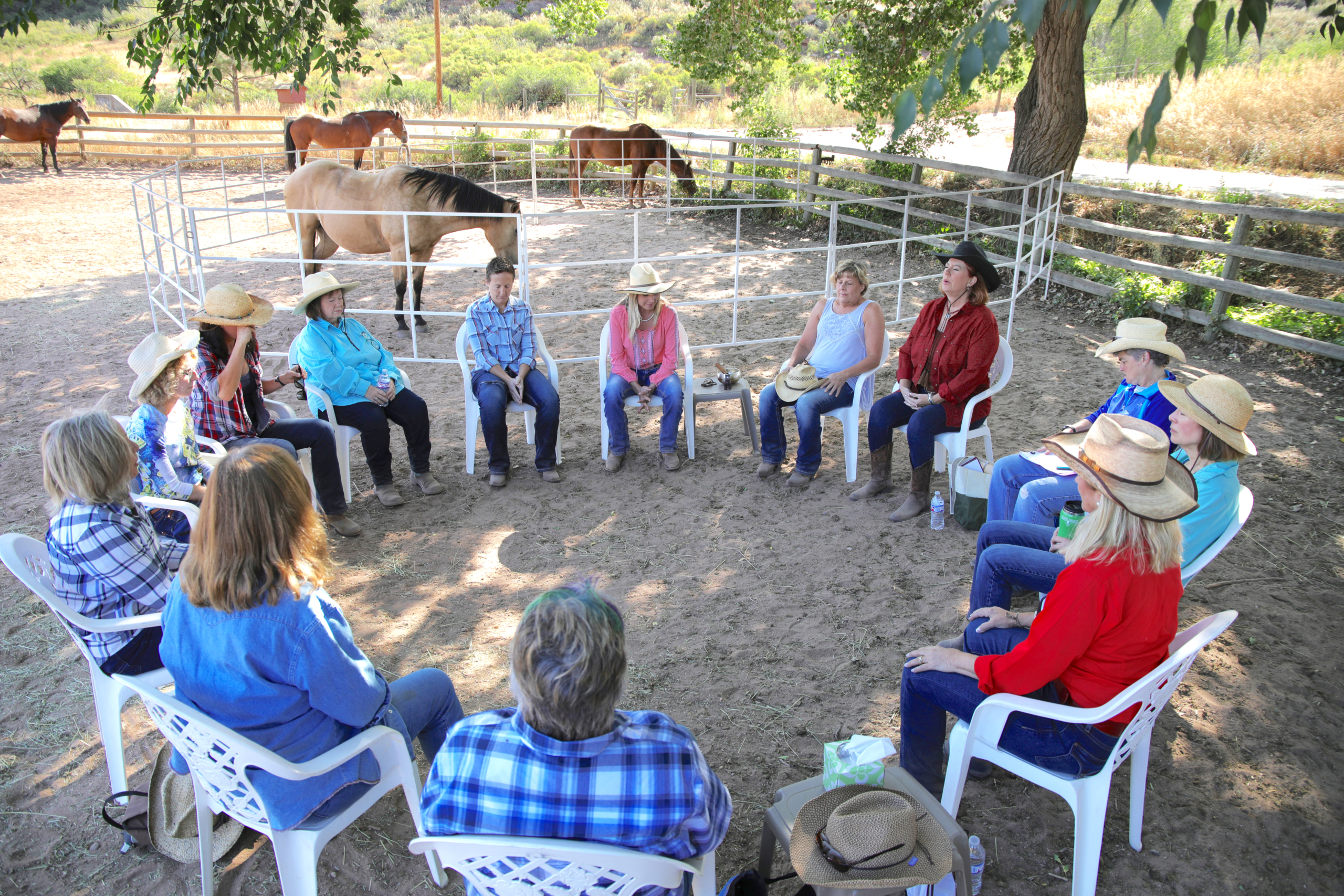
Being present is particularly important when you’re working with a 1,200-pound animal. When my clients are connecting one-on-one with horses, I remind them to breathe into their emotions.
When we deny our emotions, we create physical symptoms in our body. Emotions are energy and that energy has to go somewhere. If we suppress our emotions, that withheld emotional energy will manifest and can disrupt our well-being throughout our lives.
I learned this through firsthand experience. In the past when I would have a feeling of anger, upset or unhappiness, grief, or sadness, (any emotion that wasn’t happy or upbeat), I would suppress and deny these “negative” emotions. I did not breathe into them. I didn’t acknowledge them. I didn’t give them air. I didn’t release them. I didn’t know how. All of those emotions were trapped and manifested in my body as an eating disorder which allowed me to maintain the illusion of control. I was able to hide my emotions in a very unhealthy way for a period of years. My suppressed emotions did explode later on, and my mental health was deeply affected.
When I learned to breathe allowing new energy in with each inhale, and pushing old energy out with each exhale, my body started to release and soften, and I was finally able to process my emotions and let them go. This is the action and the outcome I share with my clients to anchor them in the moment. When you breathe into and out of your sadness, your sorrow, your fear, your disappointment, your joy, or your happiness, new energy cycles through your body and old energy is released.
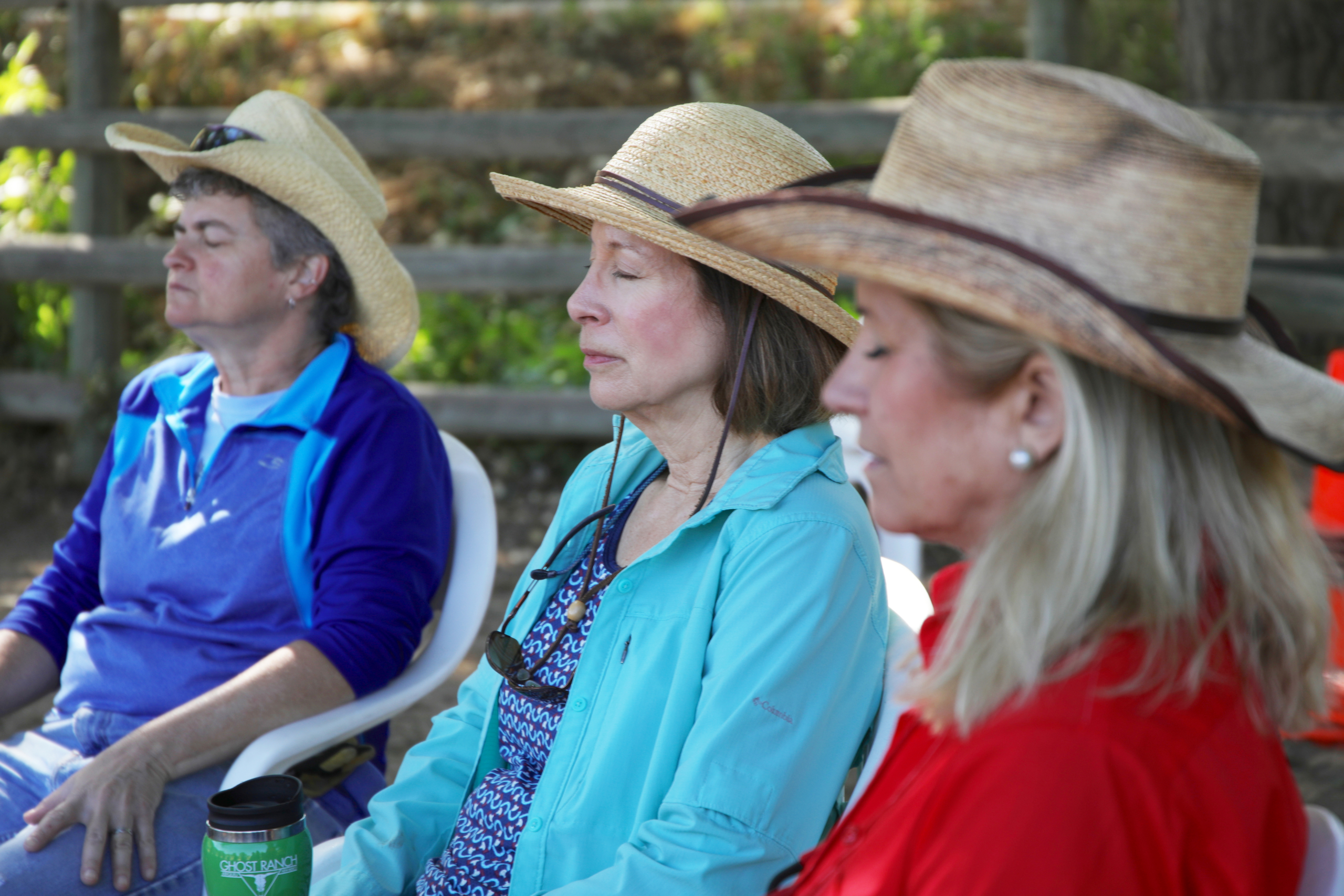
Breathing is especially important when you’re with a horse. As a prey animal, a horse can immediately sense if you’re not breathing normally. If you’re feeling fear, you get tense, and your body tightens; the horse feels your energy. When you get tense and tighten up, the horse mirrors your energy and gets tight and tense—the horse is directly responding to your energy field.
One of my favorite sayings to clients is “breathe and smile!” The moment I speak those words, their bodies start to relax, a smile crosses their face, and they lighten up. When that change occurs, the horses visibly relax. It’s a chain reaction, a cause and effect. When you’re breathing and you’re in the moment, you are calm, inviting, and open to people and the horses you interact with.
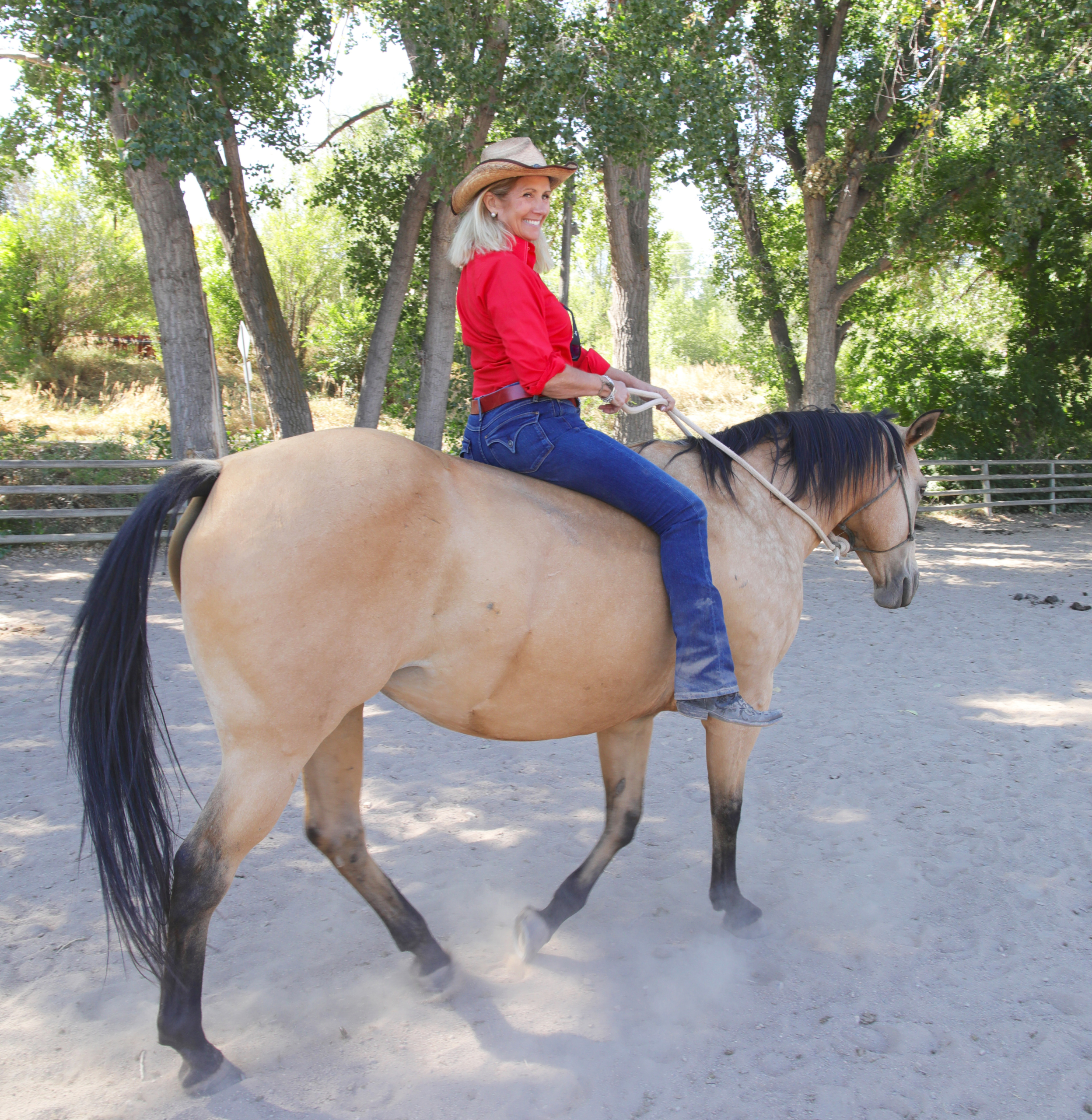
Where in your life can you practice taking deeper breaths?
I’d love to hear….share in the comments below!
Breathe with me. Inhale 1, 2, 3, 4, 5, exhale, 1, 2 ,3 ,4, 5, and relish this present moment of your life.
Devon

